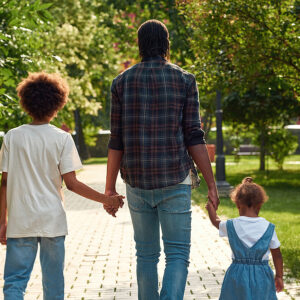In Abington, two teenagers carjacked an 82-year-old man at the Willow Grove mall. A fight near Upper Darby High School left a teen stabbed. A 16-year-old Bensalem boy allegedly shot a girl and asked for help disposing of her body over Instagram. People shake their heads and ask, where are the parents? But the better […]


